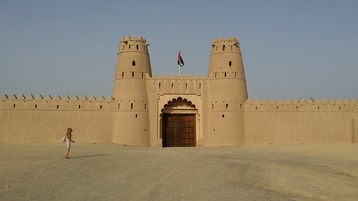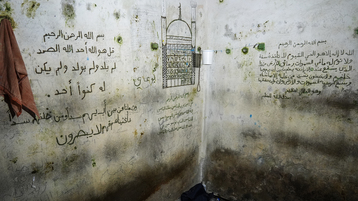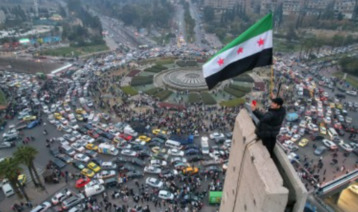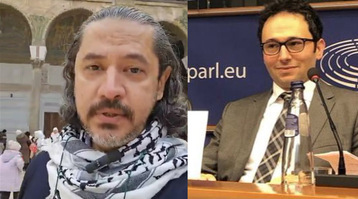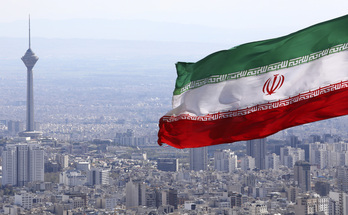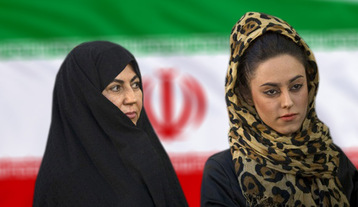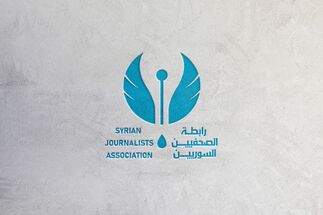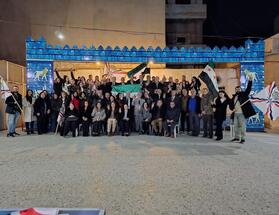-
Executions in Iran: A Tool for Intensifying Repression and Continuing Religious Tyranny
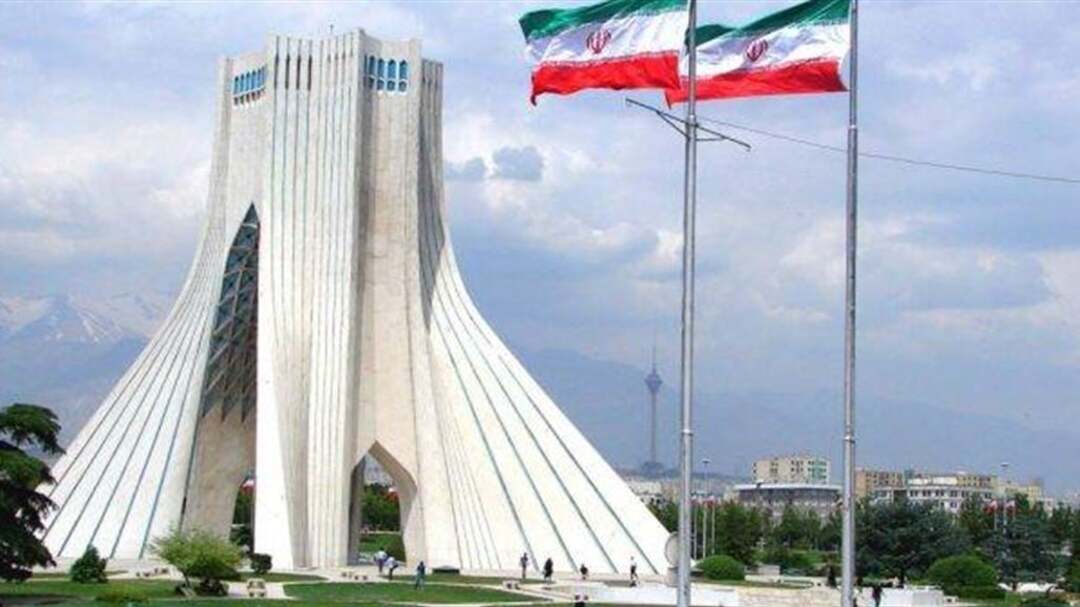
**Unprecedented Rise in Executions in Iran; Serious Concerns About Human Rights**
New reports indicate that executions in Iran reached an unprecedented high during October 2024. According to the "Iran Human Rights Monitor," 178 people were executed in that month, marking the highest monthly count in more than two decades. This surge in executions under the presidency of Massoud Behzadian has raised serious concerns regarding the escalation of judicial repression and the deteriorating state of human rights in Iran. Behzadian took office during a period marked by widespread social discontent. Reports indicate that in October alone, executions occurred at a rate of one execution every four hours, alarming the international community about the future of human rights in Iran. Many human rights advocates have warned that this increase in executions could lead to widespread social harm, particularly affecting vulnerable groups and society as a whole.
**Execution of Minors; A Gross Violation of the Convention on the Rights of the Child and International Standards**
Reports show that most of the executions carried out in October were related to drug-related offenses, with the defendants often coming from poor and marginalized communities. Among those executed were individuals from ethnic and religious minorities, including Baluchis, Kurds, and even members of the Jewish faith. One example is the execution of the young Jewish man "Arvin Ghahramani," who was arrested for murder during a fight at the age of 18. Despite the ambiguity surrounding his trial proceedings and his family's pleas to halt the execution, he was executed in Dizelabad Prison in Kermanshah. Additionally, multiple cases of the execution of minors were reported, highlighting Iran's deviation from international human rights standards, including the Convention on the Rights of the Child. Another notable case was the execution of the minor "Mahdi Barahoui," who was only 17 years old at the time of the alleged crime. Such executions represent a clear violation of international human rights standards, demonstrating that the current judicial procedures in Iran, under the presidency of Massoud Behzadian, are characterized by increasing severity.
**Jamshid Shahramd and the Death Sentence for "Corruption on Earth"; International Protests Against Iranian Judicial Procedures**
Another instance of these brutal executions is the execution of political prisoner "Jamshid Shahramd," who was kidnapped by Iranian intelligence agents from Dubai on August 1, 2020, and transferred to Iran. After a sham trial, he was sentenced to death for "corruption on earth and waging war against God," and the sentence was carried out at dawn on October 28, 2024. In this context, the Secretariat of the National Council of Resistance of Iran issued a statement denouncing the abductions and executions of those kidnapped by the bloodthirsty Iranian regime. Ms. Maryam Rajavi, the president-elect of the Iranian resistance, called on the governments of Germany, Sweden, and France to demand accountability for the Iranian regime in the UN Security Council regarding three kidnapping cases that ended in execution and demanded accountability for these crimes. She added that for four years, the Iranian resistance had called on the governments of Sweden, France, and Germany to intervene to prevent these crimes, emphasizing the necessity of government oversight on kidnapping cases and the return of hostages Farajollah Khabazi Asiyoud, Jamshid Shahramd, and Rouhollah Zam to their home countries.
**International Reactions; Warnings from the UN Special Rapporteur on Human Rights**
The increase in executions in Iran has led to widespread international reactions. In the 79th session of the Third Committee of the UN General Assembly, Dr. Mai Sato, the UN Special Rapporteur on human rights in Iran, warned of this trend and made explicit criticisms regarding the state of human rights in Iran. Sato emphasized that the imposition of sanctions cannot justify violating the fundamental rights of Iranian citizens. She continuously provided reports on the state of human rights in Iran through her account on X (@drmaisato), calling for an end to the excessive use of the death penalty. Sato specifically pointed out the impact of these executions on religious and ethnic minorities as well as on youth and women, asserting that the current trend in Iran cannot be accepted as a legal and humane measure. She demanded transparency in judicial proceedings and an end to the use of the death penalty for non-violent crimes, including drug-related offenses.
**Silencing Executions; A Means to Instill Fear and Suppress Opposition Voices**
Many of the executions carried out in recent months were not publicly announced but occurred in media silence. This cover-up of executions not only fosters further fear and insecurity in society but also raises concerns about government transparency and accountability. The lack of accurate public information about these executions has heightened anxiety regarding human rights and kept Iranian authorities shielded from international criticism. It is important to note that in the religious dictatorship ruling Iran.
**Mir Mohammadi System**
You May Also Like
Popular Posts
Caricature
BENEFIT AGM approves 10%...
- March 27, 2025
BENEFIT, the Kingdom’s innovator and leading company in Fintech and electronic financial transactions service, held its Annual General Meeting (AGM) at the company’s headquarters in the Seef District.
During the meeting, shareholders approved all items listed on the agenda, including the ratification of the minutes of the previous AGM held on 26 March 2024. The session reviewed and approved the Board’s Annual Report on the company’s activities and financial performance for the fiscal year ended 31 December 2024, and the shareholders expressed their satisfaction with the company’s operational and financial results during the reporting period.
The meeting also reviewed the Independent External Auditor’s Report on the company’s consolidated financial statements for the year ended 31 December 2024. Subsequently, the shareholders approved the audited financial statements for the fiscal year. Based on the Board’s recommendation, the shareholders approved the distribution of a cash dividend equivalent to 10% of the paid-up share capital.
Furthermore, the shareholders endorsed the allocation of a total amount of BD 172,500 as remuneration to the members of the Board for the year ended 31 December 2024, subject to prior clearance by related authorities.
The extension of the current composition of the Board was approved, which includes ten members and one CBB observer, for a further six-month term, expiring in September 2025, pending no objection from the CBB.
The meeting reviewed and approved the Corporate Governance Report for 2024, which affirmed the company’s full compliance with the corporate governance directives issued by the CBB and other applicable regulatory frameworks. The AGM absolved the Board Members of liability for any of their actions during the year ending on 31st December 2024, in accordance with the Commercial Companies Law.
In alignment with regulatory requirements, the session approved the reappointment of Ernst & Young (EY) as the company’s External Auditors for the fiscal year 2025, covering both the parent company and its subsidiaries—Sinnad and Bahrain FinTech Bay. The Board was authorised to determine the external auditors’ professional fees, subject to approval from the CBB, and the meeting concluded with a discussion of any additional issues as per Article (207) of the Commercial Companies Law.
Speaking on the company’s performance, Mr. Mohamed Al Bastaki, Chairman BENEFIT , stated: “In terms of the financial results for 2024, I am pleased to say that the year gone by has also been proved to be a success in delivering tangible results. Growth rate for 2024 was 19 per cent. Revenue for the year was BD 17 M (US$ 45.3 Million) and net profit was 2 Million ($ 5.3 Million).
Mr. Al Bastaki also announced that the Board had formally adopted a new three-year strategic roadmap to commence in 2025. The strategy encompasses a phased international expansion, optimisation of internal operations, enhanced revenue diversification, long-term sustainability initiatives, and the advancement of innovation and digital transformation initiatives across all service lines.
“I extend my sincere appreciation to the CBB for its continued support of BENEFIT and its pivotal role in fostering a stable and progressive regulatory environment for the Kingdom’s banking and financial sector—an environment that has significantly reinforced Bahrain’s standing as a leading financial hub in the region,” said Mr. Al Bastaki. “I would also like to thank our partner banks and valued customers for their trust, and our shareholders for their ongoing encouragement. The achievements of 2024 set a strong precedent, and I am confident they will serve as a foundation for yet another successful and impactful year ahead.”
Chief Executive of BENEFIT; Mr. Abdulwahed AlJanahi commented, “The year 2024 represented another pivotal chapter in BENEFIT ’s evolution. We achieved substantial progress in advancing our digital strategy across multiple sectors, while reinforcing our long-term commitment to the development of Bahrain’s financial services and payments landscape. Throughout the year, we remained firmly aligned with our objective of delivering measurable value to our shareholders, strategic partners, and customers. At the same time, we continued to play an active role in enabling Bahrain’s digital economy by introducing innovative solutions and service enhancements that directly address market needs and future opportunities.”
Mr. AlJanahi affirmed that BENEFIT has successfully developed a robust and well-integrated payment network that connects individuals and businesses across Bahrain, accelerating the adoption of emerging technologies in the banking and financial services sector and reinforcing Bahrain’s position as a growing fintech hub, and added, “Our achievements of the past year reflect a long-term vision to establish a resilient electronic payment infrastructure that supports the Kingdom’s digital economy. Key developments in 2024 included the implementation of central authentication for open banking via BENEFIT Pay”
Mr. AlJanahi concluded by thanking the Board for its strategic direction, the company’s staff for their continued dedication, and the Central Bank of Bahrain, member banks, and shareholders for their valuable partnership and confidence in the company’s long-term vision.
opinion
Report
ads
Newsletter
Subscribe to our mailing list to get the new updates!

